Riverina Region Farms & Feedlots
-
- The foodbowl of New South Wales
- Prime City and Riverina farms
- Prime City and Riverina feedlots
- Prime City and Riverina facilities
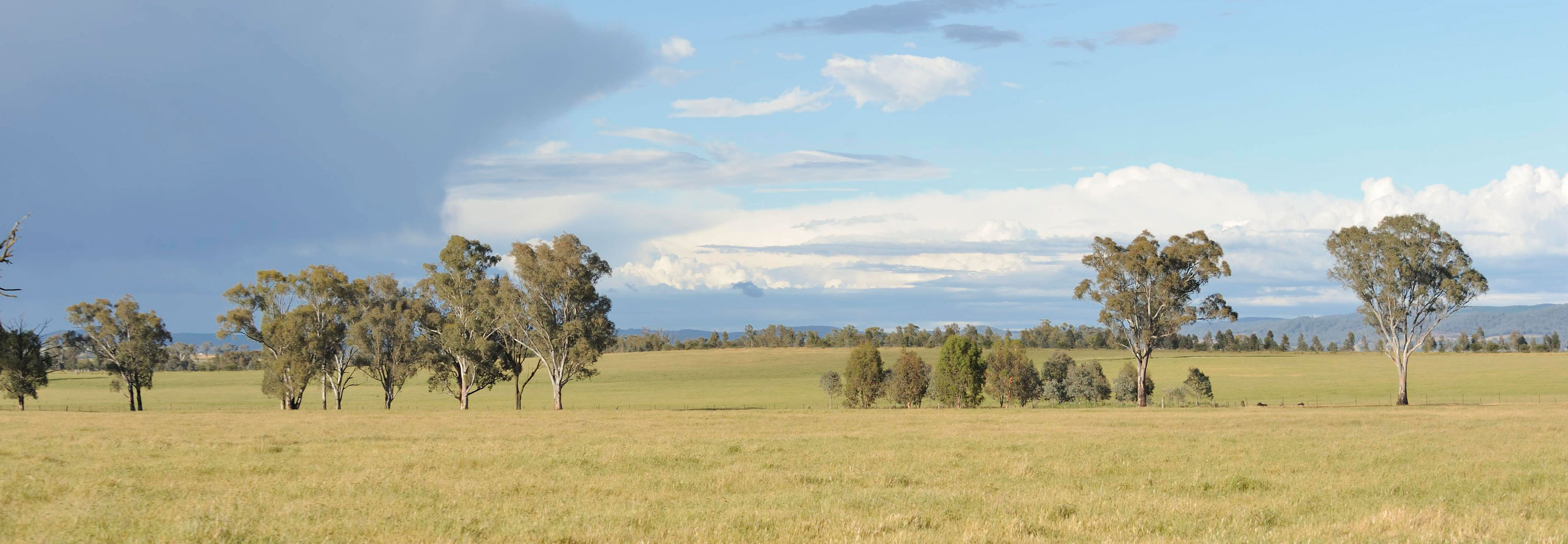
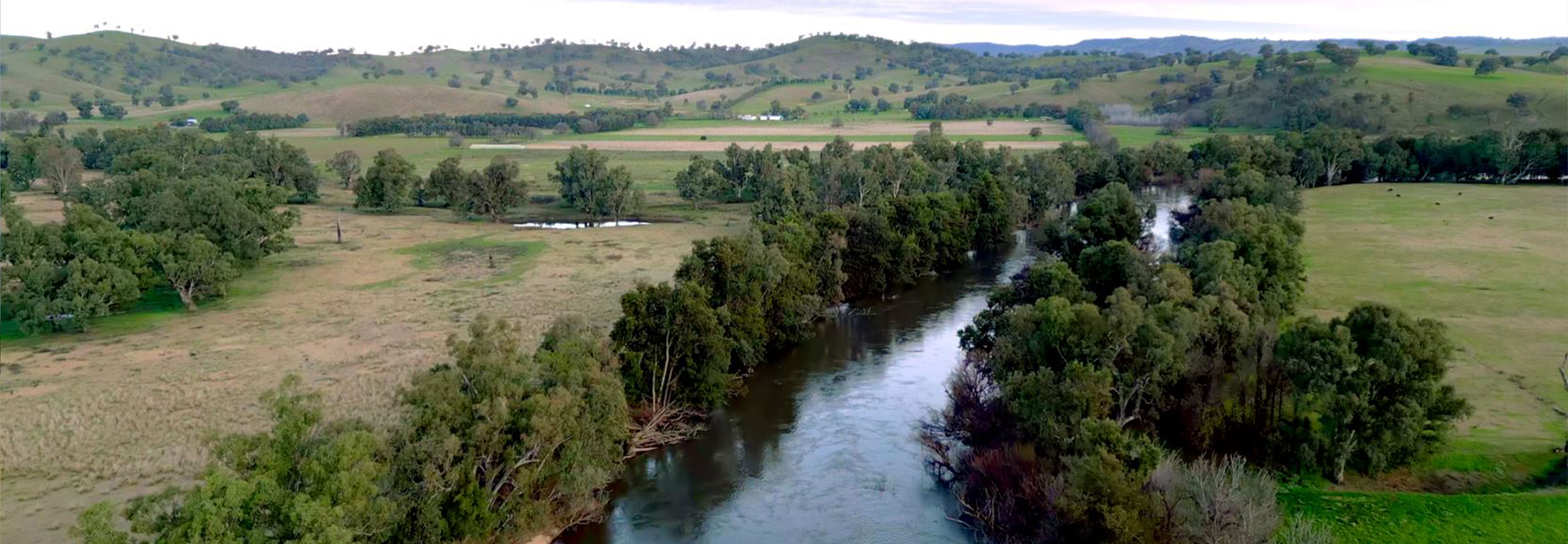
The Riverina; one of Australia’s agricultural havens , covers an area of 80,545 sq kms, extending from the picturesque foothills of the Snowy Mountains, north west through the thriving Murrumbidgee River catchment area. Located a 6 hour drive west of Sydney, New South Wales, in the middle of the lush green rolling hills of the Riverina Region you will find our Prime City & Riverina Farms and Feedlots.
The Murrumbidgee River winds its way through the Riverina region and into the Murrumbidgee irrigation system, spanning over 3,000km. This abundant irrigation provides water security delivers clean, fresh water from snow capped Mount Kosciuszko to our farms and animals, along with powering electricity to the area.
Prime City and Riverina farms span across 10,000 acres and 4,000 acres of prime cropping country respectively. The location of our properties is not an accident they were built upon some of Australia’s richest soils.
The quality and diversity of the produce grown in the Riverina area is unmatched, which is why it is the perfect place for growing productive crops and producing quality beef.
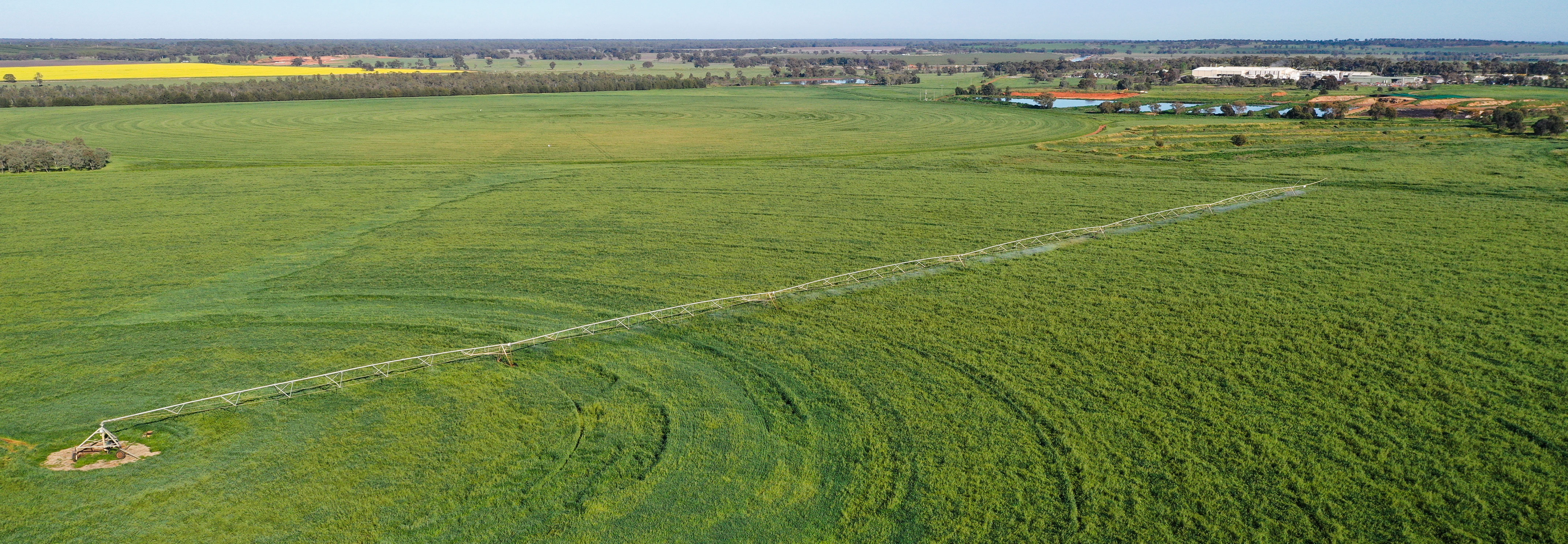
Riverina Feedlot and Farm was built in 1991 in the small village of Yanco within the Leeton Shire. Yanco is a Wiradjuri aboriginal language word meaning the
sound of running water. Prime City was established in 1993, after 3 fertile, bordering properties were identified, purchased and consolidated. Prime City farm and feedlot was built to modern industry standards in 1994 and is considered a showcase facility today, having won five industry Feedlot of the Year titles since 1998. Our farms are part of the natural landscape where wild kangaroos, wallabies and emu’s can commonly be found roaming on our properties.
At Prime City farm, we have two full time farm managers and one full time farm manager at Riverina supported by a team of local specialised contractors.
Scott Chick has been a Prime City steward, the senior Farm Manager for the last 14 years. Scott grew up in the city but has always had a passion for farming with a keen interest in irrigation from a young age. Since he was 18, Scott has worked in various roles within dry land irrigation farming. Scott now lives on Prime City doing what he loves.
” I think there is no better way than starting the day with the sun coming up, and sometimes ending it with the sun coming down. It’s something I’ve always loved doing. For me, it’s the lifestyle.”
– Scott
Joe Puntoriero has been the Riverina Farm Supervisor for the past 8 years. Joe’s family previously owned the neighbouring property and has been producing silage for the region his whole working life. Our farm managers are responsible for planting, growing and harvesting our rotational crops . They are charged with drought proofing year round, ensuring there is adequate water supply and safe guarding against fire.
Crops on our farms are selected to match the climate, rich soils and water access, but every year can look different as they are rotated to make the best of the seasons weather patterns and to manage soil fertility.
On both properties corn, barley, cotton, and oats thrive, with Lucerne also grown on Riverina. Cotton and Canola is grown on site which is sold to local merchants, further contributing to Australia’s agricultural production.
A typical year of production from Prime City can produce:
![]() 30,900 tonnes of corn silage for roughage in feed
30,900 tonnes of corn silage for roughage in feed
![]() 1,600 tonnes of barley for feed
1,600 tonnes of barley for feed
![]() 3,400bales of hay from irrigated oats for feed
3,400bales of hay from irrigated oats for feed
![]() 2,400 bales of cotton
2,400 bales of cotton
![]() 500 tonnes of cotton seed
500 tonnes of cotton seed
![]() And sometimes a few rows of sweet corn to keep the team happy productive harvest
And sometimes a few rows of sweet corn to keep the team happy productive harvest
All water used on the Prime City and Riverina farms is either drawn naturally from the surrounding Murrumbidgee or is collected rainfall runoff, all safe and clean. This safe, clean is home to local Murray Cod and Golden Perch fish. Located on Prime City is our 3,000 mega litre capacity dam , and a 230 mega litre dam is housed on Riverina. These critical resources which attract native bird life including swans, pelicans, ducks and other species of water birds, ensure we have a secure, consistent supply of water for our crops and livestock.
Recently, we invested around $700,000 into new centre pivots for our crops.
Centre pivot irrigation systems are highly effective in their ability to efficiently use the fresh, clean water we have stored, and optimize our farm’s yield. We also recently invested $88,000 at Prime City for irrigation area laser levelling, which is where lasers are used to create the perfect gradient for water flow across the crops which increases water efficiency, reduces irrigation time and enhances productivity.
$680,000 has also been invested so far into bankless channels, a water and labour efficiency project. Our first bankless channel was installed at Prime City in 2023, with a strategic plan to convert a total of about 2,500 acres of the farms highest production cropping areas in the next 5 years.
In addition to this, recycled non potable water from the Riverina processing plant is used for additional crop irrigation throughout the Riverina farm.
Our Prime City and Riverina feedlot effluent and manure management program turns the manure produced by our livestock is turned into composted fertiliser.
This fertiliser, made from organic materials and chemical free, aids in cultivating the farm by enriching the soil, and plants, and is helpful as an insect repellent. This process turns a carbon by product into a product that helps improve our soil health and crop production.

After grazing on green Australian pastures for the first 18 24 months of their life, livestock sourced from the surrounding regions are inducted into our NFAS (National Feedlot Accreditation Scheme) accredited feedlot.
These cattle have 24/7 access to shade, clean, fresh, locally sourced water and are fed twice a day via a feeding schedule designed to meet their natural feeding patterns. These livestock roam freely in the yards, but being herd animals, enjoy moving together. Cattle in our feedlots are managed by horse mounted pen riders, who inspect them for positive health and animal welfare animal welfare.
Prime City Feedlot has a feeding capacity of 34,000 head of cattle, specialising in predominantly mid fed Angus and Wagyu cattle programs.
Riverina Feedlot has a feeding capacity of 46,000 head of cattle, running short fed, mid red and long fed programs, with angus and mixed herds, going to the EU and all around the world.
Once harvested, Lucerne is cut and bailed as hay, and grains are milled before
being steam flaked to improve feed efficiency.
Corn, barley and wheat are treated with steam to increase the temperature and moisture level, then flaked between large rollers. Flaking improves the digestibility of the grain, and increased the surface area of the grain which causes the starch to become gelatinase. This improves the bio availability of the energy and nutrients naturally occurring in the grain.
The feed ration fed to the livestock at our feedlots is scientifically formulated to ensure cattle are eating a healthy and balanced diet with adequate protein, high energy and fibre for natural growth and development
The grains used in our ration are a combination of barley, wheat and sorghum. Additional foodstuffs such as molasses for energy, hay for fibre, high protein cotton seed, almond hulls grown on the neighbouring property to Prime City, and a vitamin & mineral supplement mix, are added to the grain to enhance the ration.
As much of the grain ration as possible is produced out of the Riverina and Prime City farms, including enough silage out of Prime City to be self sufficient .
Any supplementary grain is strategically sourced from neighbouring farms within a
200km radius, supporting the regions agriculture and providing a consistent supply.
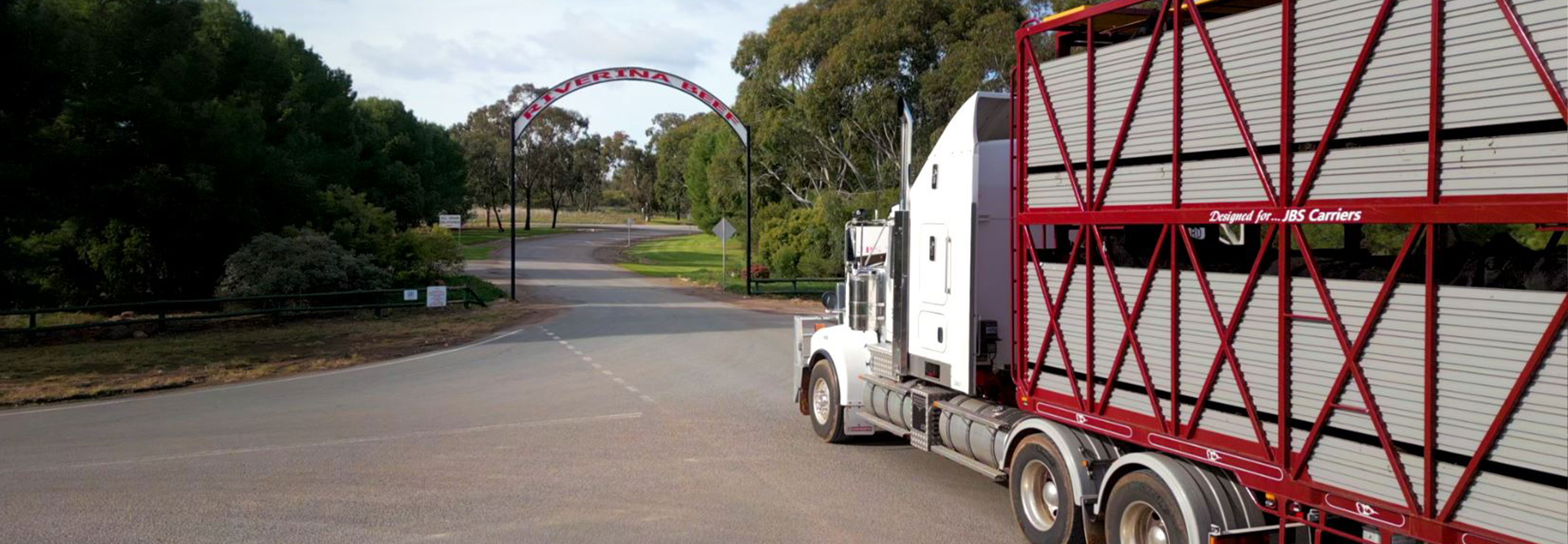
Cattle from the Prime City Feedlot are transported a short distance, and cattle from the Riverina Feedlot are walked to the Riverina facility. Our integrated feedlot and processing facility at Riverina is one of only two in Australia. This system reducing the need for ground transport, increasing animal welfare, improving eating quality and performance.
These livestock once processed at our local Riverina plant are sold and shipped across the world in a variety of high-quality grain fed beef brands.
